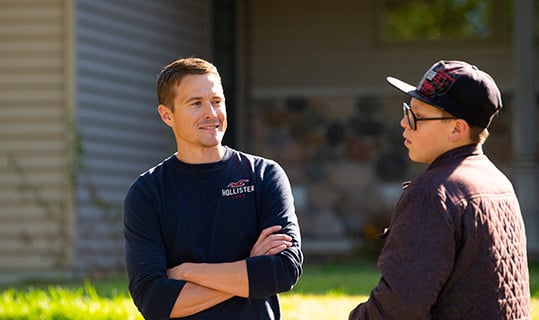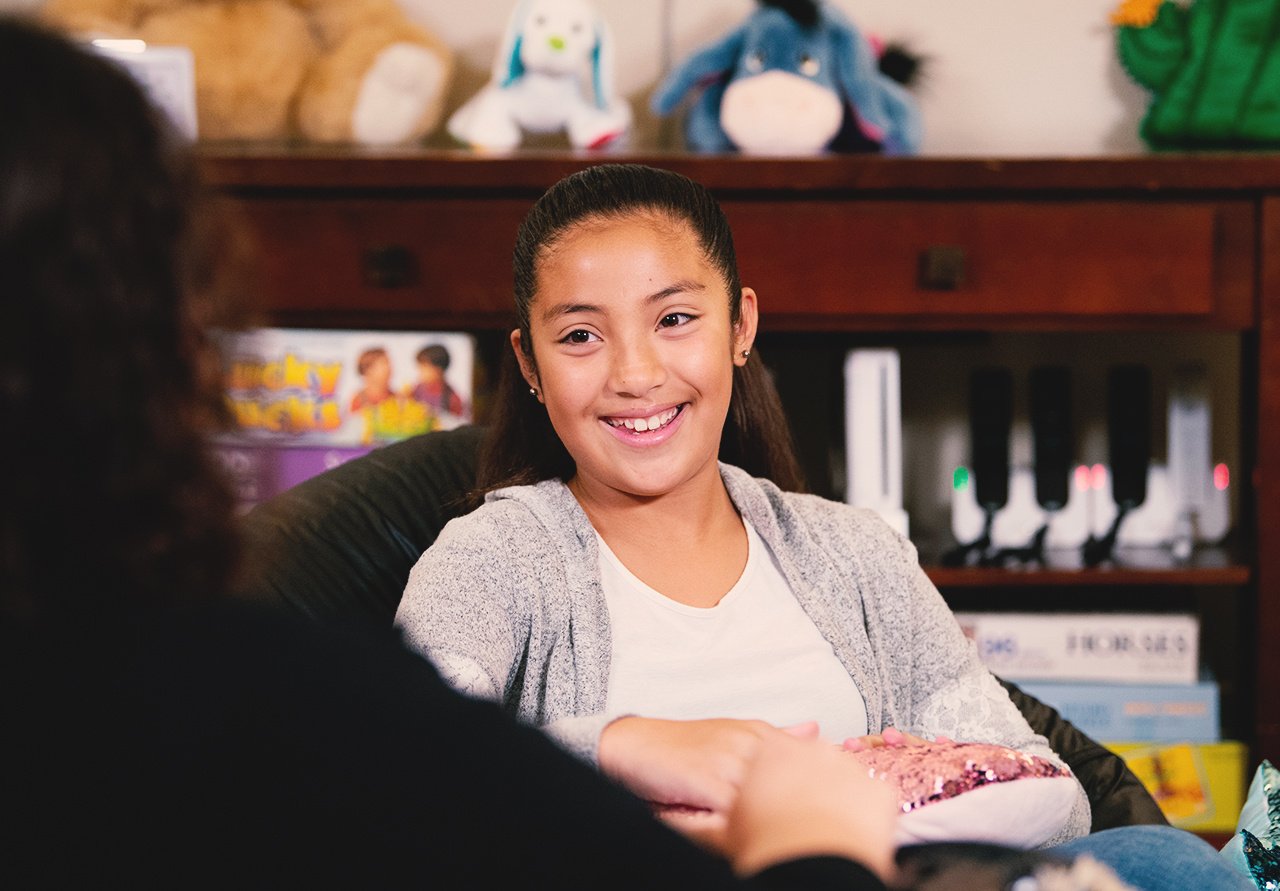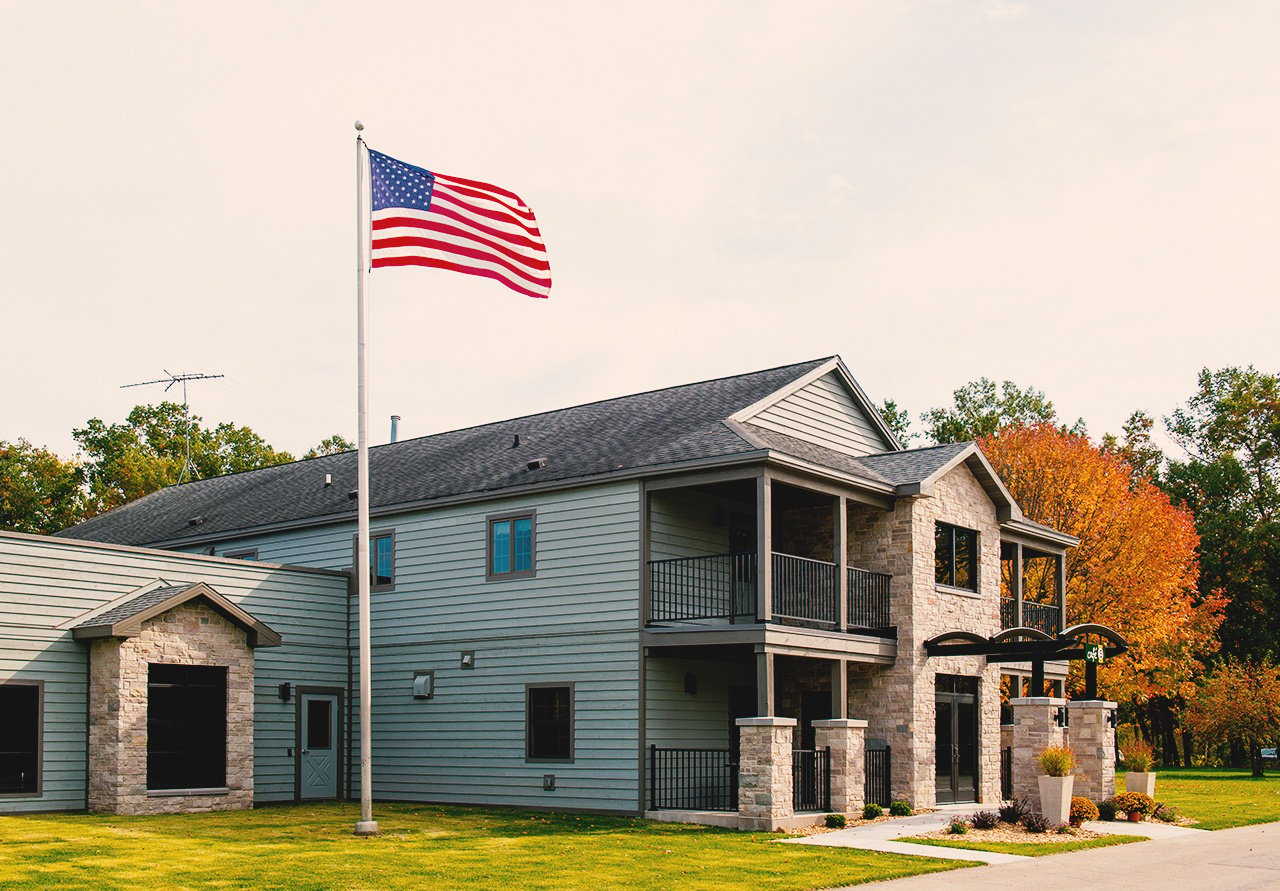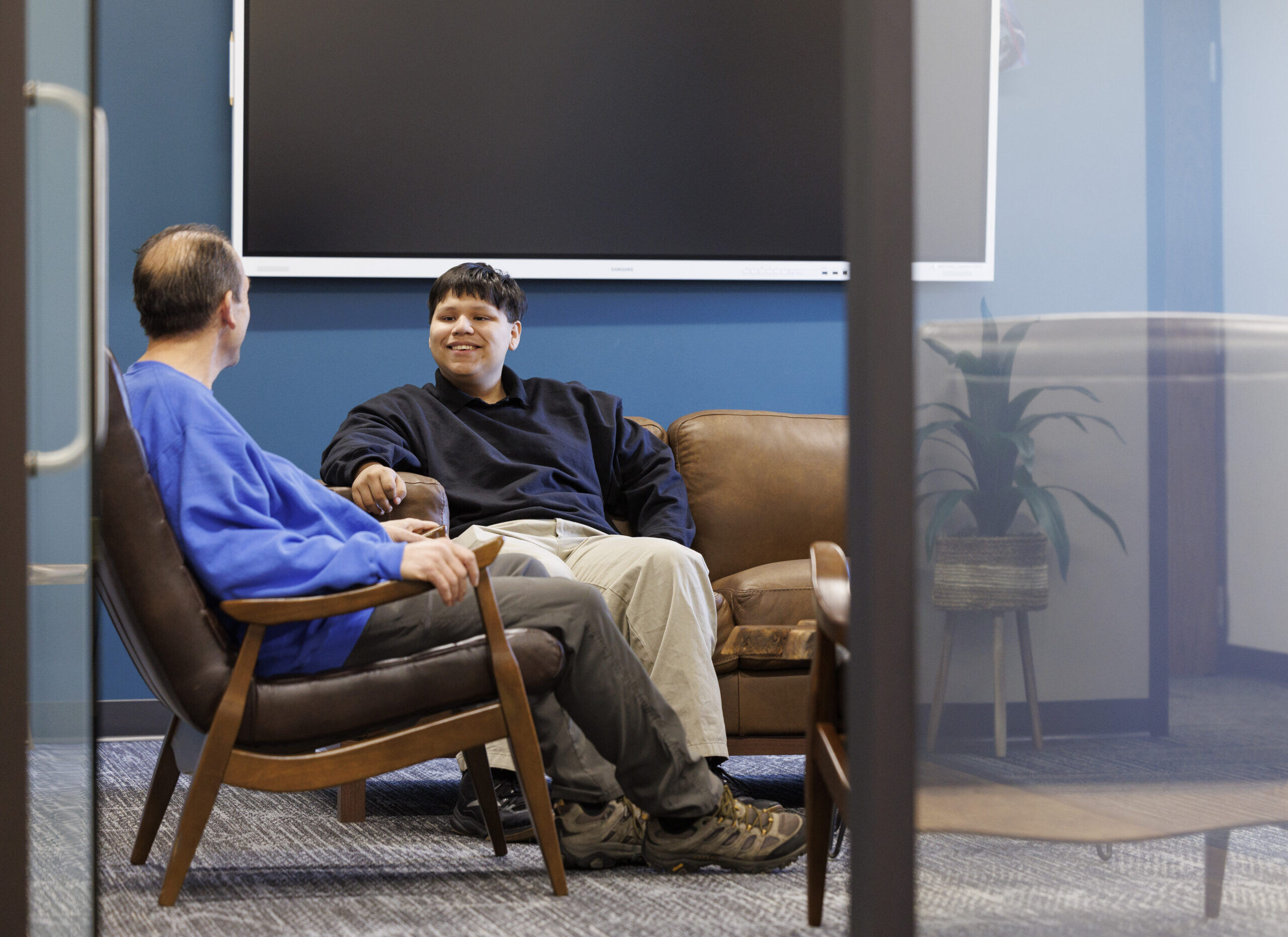It’s common for a teenager to feel down. With changing hormones, school cliques, and peer pressure, being a teen isn’t always easy. Sometimes it’s more than relationship problems or homework that affect a teen’s mood. Many teens struggle with depression, and very few seek help. This can evolve into larger, more dangerous problems down the line such as criminal actions, further mental health issues, and even suicide. The statistics surrounding teen depression are staggering, but identifying warning signs can give you the tools to communicate with your teenager and find help if they are depressed.
Teen Depression in America: Troubling Statistics and Facts
What is frequently written off as normal teenage angst may really be teen depression, and if left untreated could lead to more serious conditions with antisocial behaviors. Diagnosing depression in teens is complicated by the physical changes in this stage of development, yet there are warning signs and options for help. Below you will find a long list of eye-opening teen depression statistics covering prevalence, symptoms, warning signs of teen depression, treatment options, recovery rates and more.
Teen Depression Statistics
- Suicide is the third leading cause of death for the 12-18 age demographic
- 14% of teens suffered at least one episode of depression within the last 12 months
- 20% of teens will experience depression before adulthood
- 10-15% of teens have some symptoms of teen depression at any one time
- 80% of teens don’t receive help for their depression
- Female teens are twice as likely to have symptoms of depression, as male teens of the same age.
Most Common Types of Teen Depression
- Major Depressive Disorder (MDD)
Someone with MDD will experience episodes of intense depression (lasting weeks to years), separated by periods of relatively stable moods. MDD can make it difficult to work, study, sleep, eat, and enjoy friends or activities. - Dysthymic Disorder
Teens with Dysthymia experience depressive episodes that are less intense than in MDD but are long-lasting—at least one year or longer. - Bipolar Disorder (Manic Depression)
Bipolar disorder is characterized by cycling mood changes ranging from extreme emotional highs to extreme lows—major depression to mania with high energy. This is a serious condition that can cause sleeplessness, hallucinations, psychosis, grandiose delusions, or paranoid rage. Bipolar disorder sometimes has a genetic component and can run in families. - Adjustment Disorder
Adjustment disorder is a short-term condition that people find themselves in when they struggle coping with, or adjusting to, a particular source of stress such as, divorce or death of a loved one.
Contact us about counseling for troubled youth
Call us at 1-877-300-9101 to schedule an appointment or request more information from the dropdown below.
Appointment
Causes of Teen Depression
Depression in teens can stem from a variety of reasons:
- Academic stress
- Peer pressure
- Romantic problems
- Traumatic events
- Divorcing parents
- Genetic factors
- Family financial struggles
- Physical/emotional neglect
(Information courtesy of http://www.nimh.nih.gov/health/topics/depression/index.shtml#part2)
How Does Depression Affect Teen Life?
Depression can lead to other problems as well.
- 30% of teens suffering from depression also develop substance abuse problems
- 15% of teens suffering with teen depression eventually develop bipolar disorder
- Up to 10% of teens have conduct disorder as a result of depression
Conduct disorder is a range of antisocial behaviors towards others.
- 6%-10% of boys have conduct disorder
- 2%-9% of girls have conduct disorder
Conduct disorder can lead to:
- Aggression with people and animals
- Destruction of property
- Deceitfulness or theft
- Serious violations of rules
Depression can also cause teens to:
- Create family conflicts
- Have problems at school
- Run away
- Become violent
- Participate in reckless behavior
- Abuse drugs or alcohol
- Develop internet addictions
- Become suicidal
If Left Untreated, Depression Can Evolve into Other Serious Conditions
Ignoring depression can be dangerous. Unfortunately, 80 percent of teens don’t seek help for their depression. Depression can turn into a more serious condition for your teenager if left untreated.
- 20% with major depressive disorder (MDD) develop psychotic symptoms
- 15% of teens with depression eventually develop bipolar disorder
- 66% of teens with major depression also suffer from another mental disorder, such as persistent mild depression, addiction to drugs or alcohol, anxiety, or antisocial behaviors
Teenage Depression and Suicide
Suicide is the third leading cause of death among people ages 15-24.
- The rate of suicide in America has tripled over the last 60 years
- About 19% of young people contemplate or attempt suicide each year
- 14%-24% of young and young adults have self-injured at least once
- More teens die from suicide than from cancer, heart disease, AIDS, birth defects, stroke, pneumonia, influenza, and chronic lung disease combined
- 5,400 estimated suicide attempts are made each day by teens in the United States
Signs of Teen Depression
Four out of 5 teens who attempt suicide have given clear warning signs as to their intentions.
Common warning signs of depression are:
- Sadness that lasts most of the day
- Crankiness and irritability
- Inability to have fun doing things that used to be fun
- Acting younger than their age
- Feeling tired all the time
- Trouble sleeping through the night
- Changes in appetite
- Drop in grades
- Lack of empathy
- Lack of motivation
- Low self-esteem

Contact us about counseling for troubled youth
Call us at 1-877-300-9101 to schedule an appointment or request more information from the dropdown below.
Appointment
Tips for Talking with Teens
Communicate with your teenager to understand what is going on in their life. Let them know you are there for them no matter what. It’s okay if you need some guidance talking to your teen. After all, teenagers don’t come with instructions. Here are a few tips for successful communication with your teenager:
- Offer genuine support
- Be gentle but persistent with requests
- Listen without lecturing
- Validate their feelings
- Find a depression specialist
- Stay involved in treatment
- Provide appropriate medication
- Encourage physical activity and a balanced diet
- List to and support your teen
- Educate your teen on the risks or drug and alcohol abuse
- Educate yourself about depression
Options for Help
Only 1 in 5 depressed teens receive help. There are many options available for teens facing mental health issues. Rawhide Boys Ranch is one of them.
Rawhide offers various programs for troubled and at-risk youth:
- Outpatient counseling
Our therapists use a blend of therapeutic styles and approaches to address a variety of personal and family concerns. Open to girls, boys, parents, couples, individuals. - Residential treatment
A group home that provides a family living structure, treatment, and therapy for youth struggling with behavioral issues and disorders. - Adventure camp
An adventure-based therapy program for the purpose of therapeutic intervention. Youth enjoy canoeing, camping, cooking, hiking, fishing, and journaling. - Cognitive behavior therapy
Cognitive behavior therapy helps teens identify distressing thoughts and corrects negative ways of thinking.
Residential Treatment Success
Residential treatment has been very successful for individuals battling depression.
- 80% of adolescents with depression improve during residential treatment
- 72%-97% of parents reported a reduction in internalizing problems from admission to discharge after residential treatment
Don’t let depression affect your teenager. Open a healthy line of communication with your teenager and find out the problems they are facing and what is going on in their life. If your teenager is struggling with depression, there is help. Your teenager does not have to battle depression on their own.
Contact us about residential services
This residential program is available only for court-referred young men; parents cannot directly place their youth into this setting.









